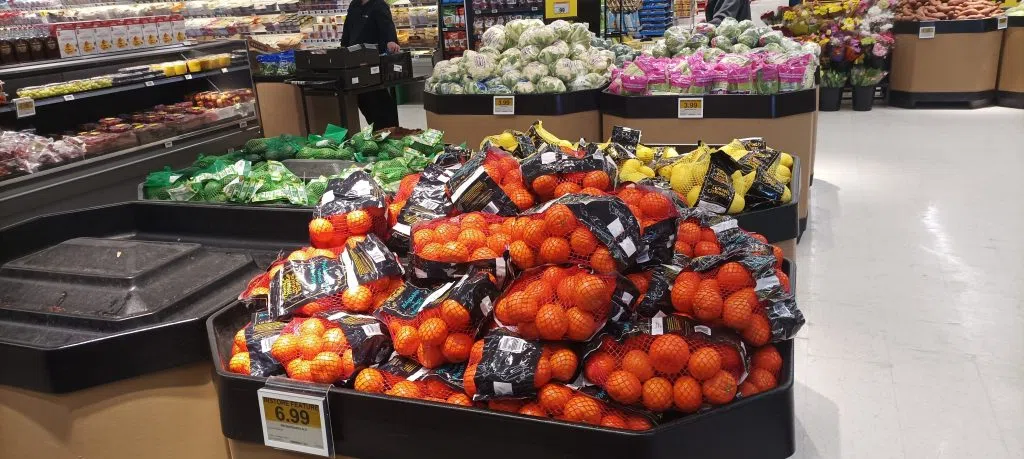Co-director of The London Food Bank Glen Pearson says the donations received this year felt shorter than in previous years. He says this is due to food inflation, which has significantly increased since food costs $3.52 per pound.
“The exact number of people gave the same number of donations, but food inflation was the real problem,” Pearson says.
Pearson says more individuals are using the London Food Bank’s services than ever because of the rising food insecurity rate.
“It is reaching a point in a society where it is no longer doable for people. They do not have the disposable cash they once did,” Pearson says.
Pearson says that food banks feel this immediately because the people closest to the edge with their budgets will probably come to the food bank. He adds that the two main costs citizens face are accommodation and food.
“The inflation rate is so high, and those numbers have not come down,” Pearson says. “Since the pandemic, those numbers went way up and have not come back down.”
He says the real blame falls on the policymakers who never treated these problems seriously after the pandemic.
“We have had a 25 per cent rise in people with stable jobs coming to the food bank. The number of seniors has also increased significantly, and they are on fixed pensions,” Pearson says. “It is not just people in poverty or on government support.”
Pearson says the government policies did not see this coming and needed to prepare for it.
“Any people who have come to Ontario’s food banks say they would be homeless if it were not for food banks,” Pearson says. “They depend on food banks to pay for their groceries so they can stay in their high-rent situation.”
He adds that he has little faith the government will do something about the current situation shortly.






Comments